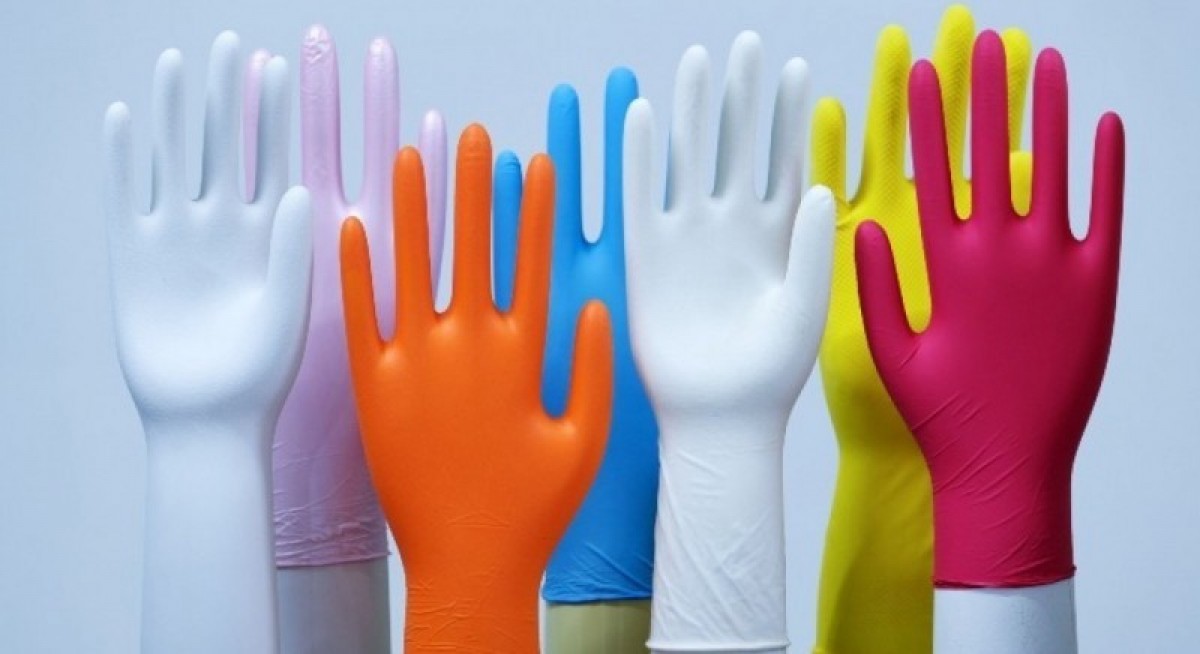He adds that although overall operating dynamics remain favourable for local manufacturers, the sector's valuation has likely run ahead of its earnings recovery prospects. While the current sector forward price-to-book value (P/BV) of 1.9 times is trading at a premium against its two-year historical average of 1.2 times, Oong notes that this valuation “appears hefty” compared to the sector’s earnings recovery prospects in 2026, which he estimates at 39% of pre-Covid 19 earnings.
Meanwhile, global geopolitical factors also look likely to come into play.
With the effect of the US tariffs taking place in 2025, Malaysian glove manufacturers will face challenges in reaping the full advantage of the import tariffs imposed on China’s manufacturers.
While China’s manufacturers previously sold their products to the US at US$17 ($23.24) to US$18, Oong sees that the ideal post-tariff average selling price (ASP) that Malaysian manufacturers should quote to their US customers is US$25.50 to US$27 by 2025.
See also: Analysts mostly bullish on EQDP's impact on SGX; Morningstar views tailwind as ‘temporary’
“However, we learnt that efforts to raise prices beyond US$24 by Malaysian manufacturers remain challenging due to the stiff pushback from US customers.”
Although Malaysian glovemakers are set to benefit from trade diversion in the US, the analyst expects volume sales to taper off in the first half of this year due to a potential front-loading of orders from US customers in 4Q2024. Already, the latest US October 2024 order volumes surpassed its pre-pandemic two-year average monthly orders by 50%.
Malaysia’s glove export volumes have also declined 11% m-o-m in November 2024 against China’s 3% m-o-m growth.
See also: RHB's Yeo raises Frencken's target price to $2.03 with demand picking up from customer restocking
Oong writes: “While the export volume growth of the two countries appears dissimilar, this could be attributed to a temporary increase in China’s export sales to the US market prior to the deadline of the import tariffs.”
Overall, the analyst’s downgrade of the sector comes from expensive valuations, glovemakers’ inability to arbitrage against higher import tariffs, persistent limited ASP cost-spread, which may take time to recover and finally, possible front-loading activities by the US, which may undermine 1H2025 volume sales.
“Despite our downgrade, we believe glove manufacturers that demonstrate better earnings recovery prospects have solid balance sheet profiles and have higher sales exposure to the US, which should see limited downside risks.”
He concludes: “With that, we continue to favour Hartalega and Kossan Rubber, both at “neutral”, while maintaining our “buy” call for Riverstone due to its above-peer margin performance, unique exposure to cleanroom gloves, and consistent dividend payout.”
Key risks noted by Oong include an increase or decrease in gloves ASP, slower or faster-than-expected capacity expansion, as well as lower or higher-than-expected utilisation rate and raw material prices.
As at 2.39 pm, shares in Riverstone are trading flat at $1.07.




